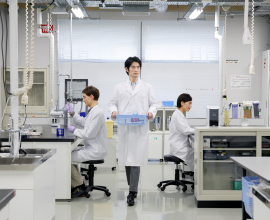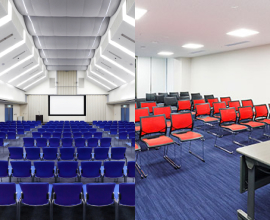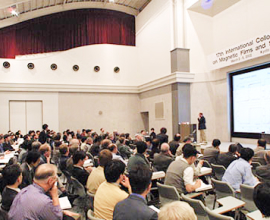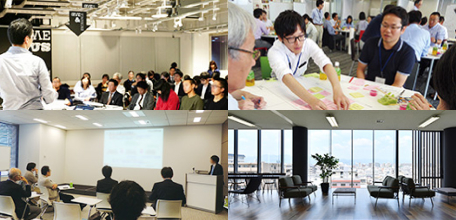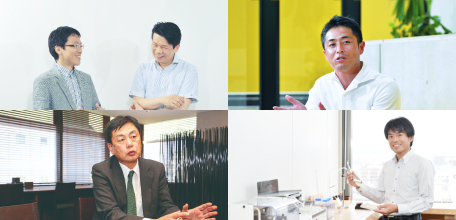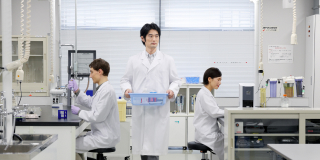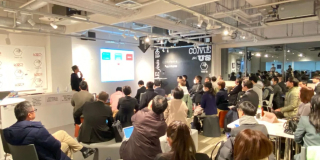2020/11/06(金)
Hikaru Sonoda, President, Hakarel Inc.
Development of prediction method for effectiveness of molecular-targeted drug by the hyper-sensitive exosome quantification assay using their surface antigens
Hikaru Sonoda, President, Hakarel Inc.
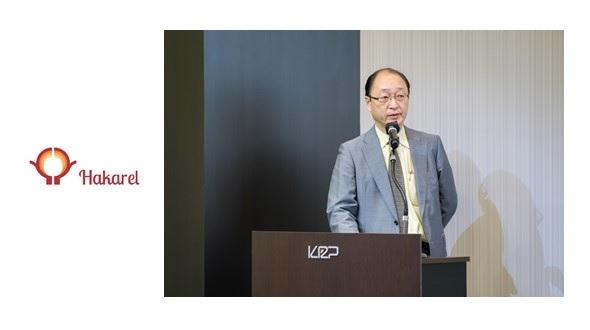
[Summary]
- Definition of the business and its contribution to the society (to whom the product or service would be provided)
Although the immune checkpoint inhibitors such as Opdivo are now playing a central role in tumor chemotherapy, there are some problems about their too expensive cost, quite limited efficacy and invasive biopsy for prediction of their efficacy. If the method to quantify the disease-specific exosome in the blood would be established, the drug's efficacy could be predicted by easier and less invasive test such as blood test. As a result, the patients who would not expect to respond to the drug can select another therapy without paying expensive drug cost in vain, and the improvement of quality of life of the patients, decreased medical expenses and the significance in medical economy are expected as well.
- Abstract of the technology (function/performance, achievement, comparison with existing technology)
Exosomes has their surface antigens called exosome markers such as CD9 or CD63. The anti-CD9 and anti-CD63 antibody which Hakarel Inc. established can trap exosomes effectively. Hakarel Inc. has also established antibodies which can strongly bind PD-L1 expressed on the surface of the exosome. The PD-L1-positive exosomes could be successfully detected by the sandwich ELISA using these antibodies. Although it is known that PD-L1-bearing exosomes can be measured after the concentration by ultracentrifugation, we are aiming the development of the ELISA technology by which the exosomes in clinical samples can be easily measured without the low-throughput processes such as ultracentrifugation.
- Marketability (what is the domestic and foreign size of the market and users expect)
PD-L1 IHC 22C3 pharmDx "DAKO" and PD-L1 IHC 28-8 pharmDx "DAKO" are companion diagnostics (CDx) for Keytruda and Opdivo, respectively, both of which are the inhibitors of PD-1. These CDx require samples from biopsy and their insurance points are 2,700. 49,000 patients per year of non-small cell lung cancer have been diagnosed using these CDx. Thus, the sales for these CDx could be estimated to 1.3 billion yen. As PD-L1 IHC 22C3 pharmDx "DAKO" is also approved to head and neck cancer, their domestic and foreign market would grow concomitantly with the expanded adaptation of Keytruda.
- Career and award history of proposer and team
Dr. Sonoda, a president of Hakarel Inc., and Ms Okada, a senior researcher, have been working for a diagnostic division in Shionogi pharmaceutical company. Dr. Sonoda was a leader in the outsourced development project of JST (Japan Science and Technology Agency) entitled "Development of angiogenesis marker based on vasohibin" from 2006 to 2010, and afterward had been in charge of R&D division of diagnostics in Shionogi for five years. Now he is running Hakarel Inc. and also a board member of Japanese Society of Extracellular Vesicles. Ms. Okada has quite much experience in generating high-performance antibodies against exosomes and biological materials and in establishing measuring methods for them.
Five independent subsidies were provided to the projects of Hakarel Inc. by the Japanese Ministry of Economy, Trade and Industry as well as by some Japanese Banks.
[Profile]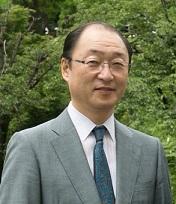
Hikaru Sonoda, Ph.D. had been developing exosome-based diagnosis method at Shionogi. Then he joined National Cancer Institute of Japan and continued his research on exosome. In 2017 he has established Hakarel Inc. as a venture company focusing on exosome-targeted R&D.





